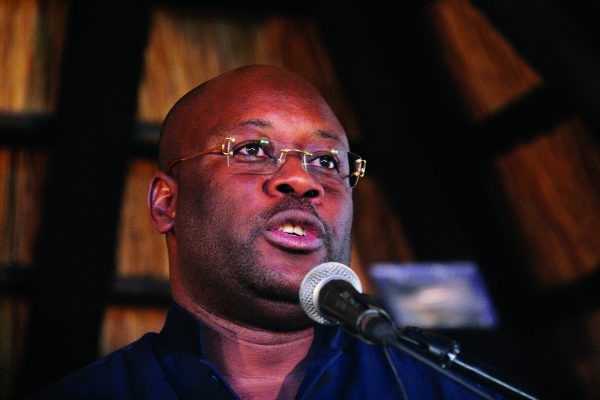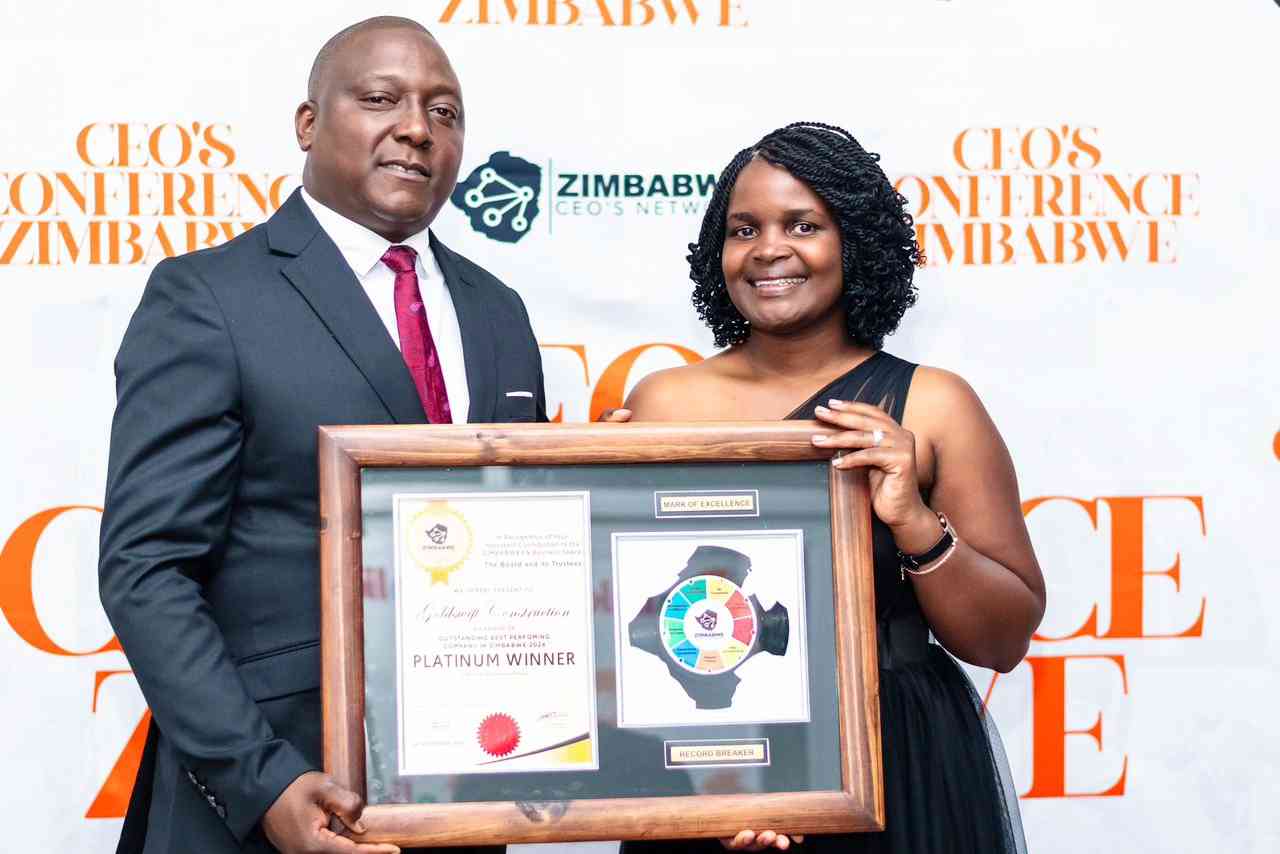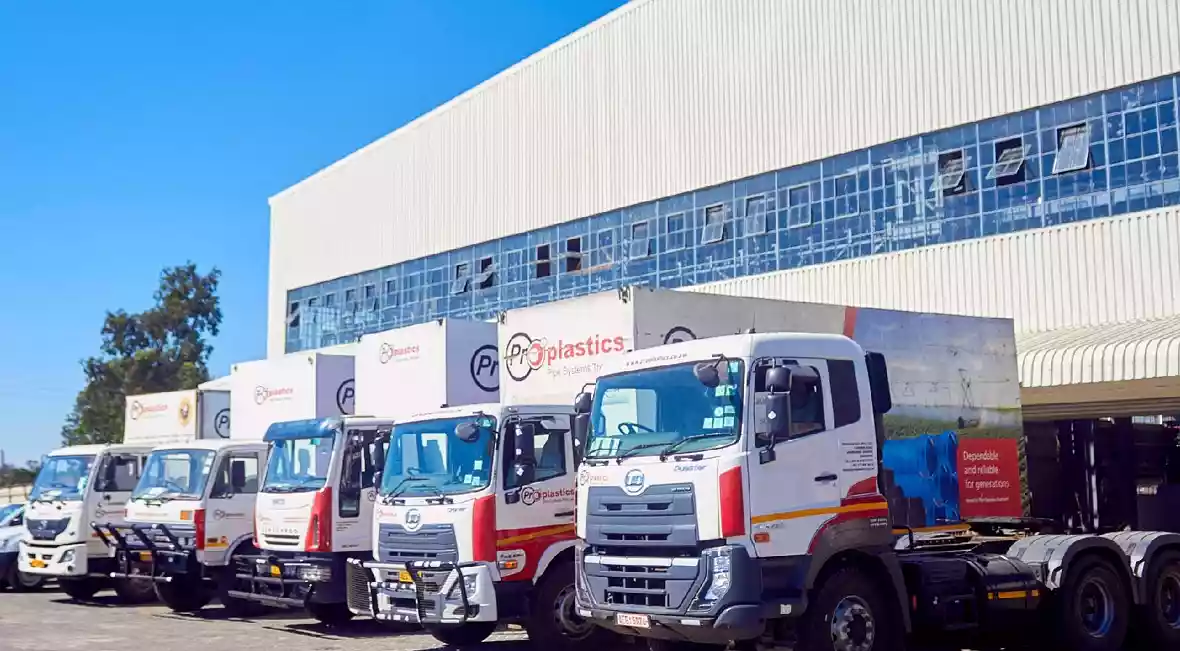
BY MTHANDAZO NYONI
“Mining in Zimbabwe is no longer safe for women,” says Sanelisiwe Maseko, a single mother of two whose mine in Colleen Bawn was recently invaded by machete-wielding men in a bloody raid that left one of her workers dead and several injured.
Maseko, just like a few other brave women in the country, ventured into mining following a call by government that women should join the extractive sector to empower themselves.
So far, ever since she joined the mining industry in 2006, she has contributed immensely to the country’s fiscus.
Between 2016 and 2017, she sold more than 4kg of gold to Fidelity Printers and Refiners (FPR).
Her vision is to see her mine — Vectis 20, situated on one block — growing to become a big venture, employing thousands of people.
But sadly, her dream is threatened following the recent invasion of her mine by a group of about 10 machete-wielding men who attacked her workers, killing one before disappearing with about 180 bags of gold ore.
“They destroyed my perimeter fence and doors at the mine using machetes. They also stole gold ore, cellphones and diesel, among other things. They attacked my employees who were sleeping at the mine, killing one on the spot and injuring four,” a dejected Maseko said.
- Chamisa under fire over US$120K donation
- Mavhunga puts DeMbare into Chibuku quarterfinals
- Pension funds bet on Cabora Bassa oilfields
- Councils defy govt fire tender directive
Keep Reading
According to the police, five mine workers were asleep when they were awoken by the noise of banging on the door. A group of about 10 men barged in armed with machetes, axes and logs and assaulted the mine workers, demanding gold ore.
One of the mine workers, Mduduzi Zvitika (18) from Mberengwa, who sustained a deep cut on his back and bruises on his body following the attack, died on the spot. The other four workers sustained varying injuries and they were rushed to Gwanda Provincial Hospital.
Maseko said after she received a call at around 12 midnight that the mine had been invaded, she quickly drove to Gwanda Police Station, looking for back up but upon arrival, the police told her that her mine was not in their jurisdiction.
She did not get assistance there.
“They referred me to Colleen Bawn Police Station. So I drove there and found one policewoman who told me that other officers had retired to bed. There was not even a single car at the station.”
She had to organise a car from Gwanda as the one she was driving could not carry more people.
While all this was happening, the gangsters were busy butchering her employees and looting gold ore.
The distance between Gwanda town and Colleen Bawn is about 60km.
After some time, the car she had organised arrived and they had to go door-to-door, collecting police officers.
“By the time we arrived at the scene, the gangsters had left. We arrived there around 3am yet the incident had happened around 12 midnight. We found one of my employees already dead while others were seriously injured. If we had arrived earlier, Mduduzi would not have died because he died due to excessive bleeding,” Maseko said, trying to fight tears back.
“Those who were with him said he was crying uncontrollably, asking for help. We ferried those injured to Gwanda Provincial Hospital, but the nurses refused to treat them, demanding that we pay first. I was shocked that they were putting money ahead of people’s lives.”
In order to save lives, Maseko, who is also Mthandazo Women in Mining Association (Mwma) vice-chairperson, paid for her employees.
“After we had paid they told us that they did not have drugs. I was completely shattered. We started looking for medication at the pharmacies around,” she said.
She spent US$195 and ZWL$3 200 on medical bills and also covered funeral expenses for Zvitika.
The Zimbabwe Environmental Law Association (Zela) also assisted with funeral expenses.
“When I think about what happened, I shiver. I was really traumatised. Mining is no longer safe for us women. We thought we had made progress, but alas, we have not. To protect myself and my business, I have hired personal and security guards to man the area. Mind you, this also comes at a cost,” she said.
Zimbabwe is currently experiencing widespread violence in the gold mining sector, perpetrated by the machete gangs.
Mwma chairperson Sithembile Ndlovu said they were now living in constant fear as women.
“We are not used to this and we didn’t know that there is blood gold in Zimbabwe. If this continues, our gold will be soon labelled blood gold and then we fail to attract investors. The year 2019 ended badly for us,” Ndlovu said.
Zela project officer Nobuhle Mabhikwa said security for women was now compromised and the crime was shrinking the space, forcing some women in mining opting out.
“As we speak, the women in mining are only 10% of the approximated plus or minus 500 000 miners. The space is male-dominated as we speak. The women struggle with getting claims and loans to finance their mining activities among the challenges they face,” she said.
“After having sacrificed so much to join the sector, the women now face this great security threat that makes them reconsider venturing into mining.”
Matabeleland South Small-Scale Miners secretary Philemon Mokuele said government should resolve gold wars as a matter of urgency.
“When is this going to end and who is going stop it? Is government aware of the urgency of this problem? Since artisanal small-scale miners are contributing a lot to the fiscus, will this not label our gold blood gold? The mining sector is no longer a safe working environment,” he said.
As a solution, Mabhikwa said there was need for the formalisation of the small-scale mining sector to help reduce the violence.
She said the online cadaster system on the allocation of claims should be finalised and sometimes the violence emanates from claim disputes.
“It’s time the government adopt the Organisation for Economic Co-operation and Development guidelines on responsible sourcing. We need clean gold to generate the much-needed foreign currency,” Mabhikwa said.
“Besides the effects it has on the women and shrinking their space in the Zimbabwe is open for business mantra, the violence going on and the response has a huge effect on the type of investors we are attracting as a country, will the investors respect our human rights?” she queried.
Zimbabwe Miners’ Federation representative Dosman Mangisi said miners should keep registers of their employees and report all suspicious people to the police.
Besides machete gangsters, women in mining areas experiencing many other challenges such as victimisation by male miners, dispossession of their claims without notice, police harassment and various other forms of gender-based violence, resulting in many women fearing to venture into mining The small-scale miners are currently contributing around 60% of all the gold that is being delivered to FPR. Gold is one of Zimbabwe’s biggest foreign currency earners, having accounted for US$1,2 billion in annual forex receipts in 2018, translating close to a third of total export earnings.
In the first 10 months of last year, FPR had managed to buy 30, 03 tonnes of gold.
Recently, President Emmerson Mnangagwa launched a strategic roadmap to propel the country’s mining sector to a US$12 billion mining industry by 2023.
Under the mining roadmap, gold is expected to contribute US$4 billion, platinum US$3 billion, while chrome, iron, steel, diamonds and coal contribute US$1 billion.
Lithium is expected to contribute US$500 million and US$1,5 billion will come from other minerals.
But with these gold wars, it could be difficult to achieve the vision.
“We feel police should be capacitated. They must be given enough cars for operational purposes. We need protection as miners. Police officers should patrol mining areas even at night. Courts should also not grant machete gangsters bail until the matter has been finalised,” Maseko said.










